West Africa: Rhythms of Senegal Gap Year Semester
- Senegal
View Other Details
Program Details
Pricing
About Program
From agricultural villages to mangrove islands, explore contemporary issues of West Africa while delving into artistic and musical traditions in a culture renowned for its generosity and hospitality. As you walk down the street in Senegal people greet you with the word of peace and strangers invite you into their homes for a cup of tea.
The semester takes us from the French colonial outpost of Saint Louis, to the fast-paced capital of Dakar, all the way to a Sufi Islamic coastal village on a sandy stretch of beach. We stay with multiple local families and meet with leaders, traditional healers, regional development specialists, and other experts in West African history, geography, and philosophy. We study local languages, using our newfound language skills at the market, during our trek, and with the communities which welcome us.
Video and Photos
Program Highlights
- Investigate issues of immigration and unemployment, gender issues and children’s rights, abolition of female genital cutting, desertification, land-use, climate change, urban and rural healthcare, colonization, and education.
- Spend about 6 weeks total in either one or two very remote villages, two weeks in the urban areas of Kolda or Thies, and stay as a group in other communities along the way.
- Learn about Sufi Islam and the unique Islamic brotherhoods of Senegal, meet Catholic communities, and get an introduction to animism through visiting a local fortune-teller.
- Climb into horse-carts, public transport, fishing boats, or wander on foot as we travel throughout Senegal. Embark on a multi-day trek from village to village in the green hills of the Southeast and camp out on remote mangrove islands in the Delta.
- Choose from a wide range of possible topics for mentored study during time in homestays such as drumming, West African dance, storytelling, gender issues, visual arts, traditional medicine, politics, batik, jewelry making, and more.


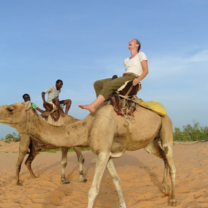


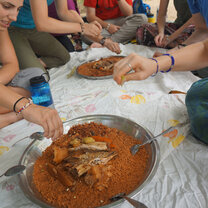
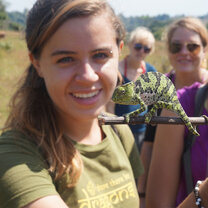

.jpg?itok=vBu9JtDe)

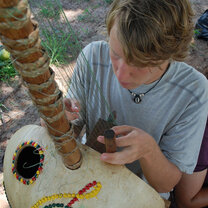
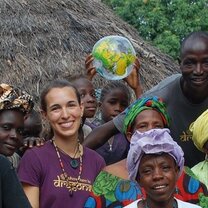
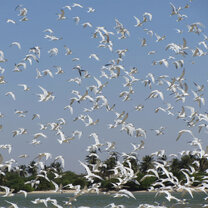
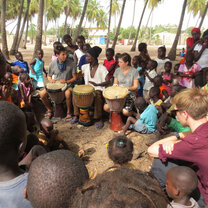
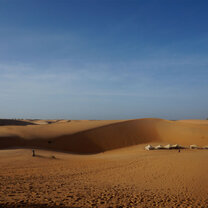
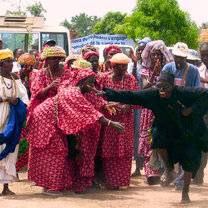
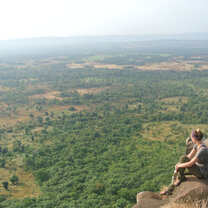
.jpg?itok=YWrxuajF)
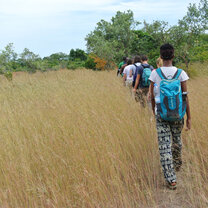

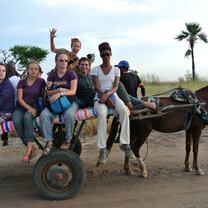



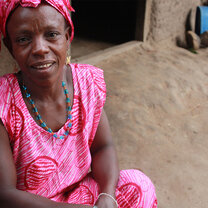

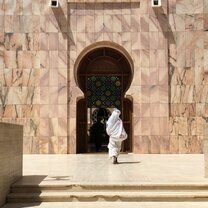
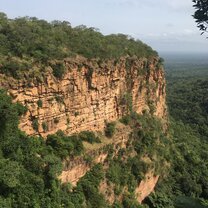
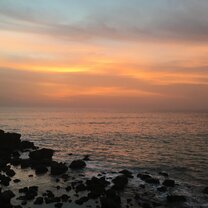

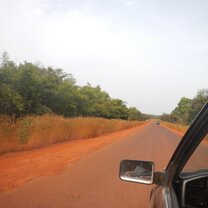

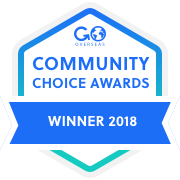
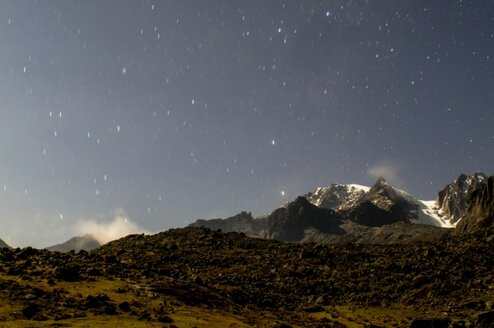
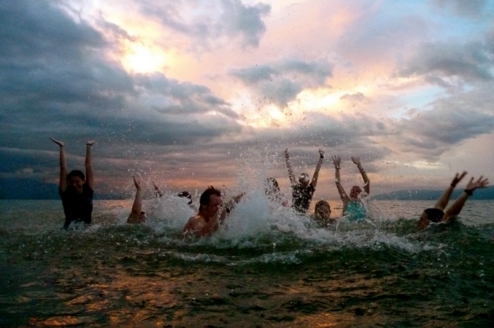
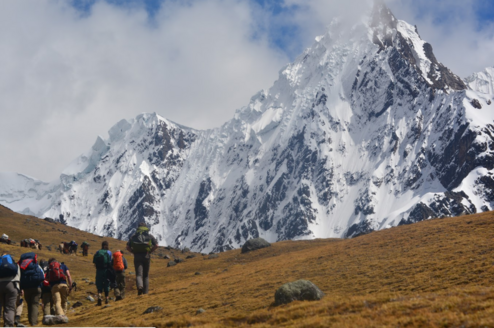
At the beginning you will, to better understand and learn cultural norms and language then as you become more comfortable the instructors challenge you to be more independent. The last part of the trip before transference phase it expedition phase where the students lead the trip themselves, it’s a culmination and application of all their learning and was really rewarding for me.